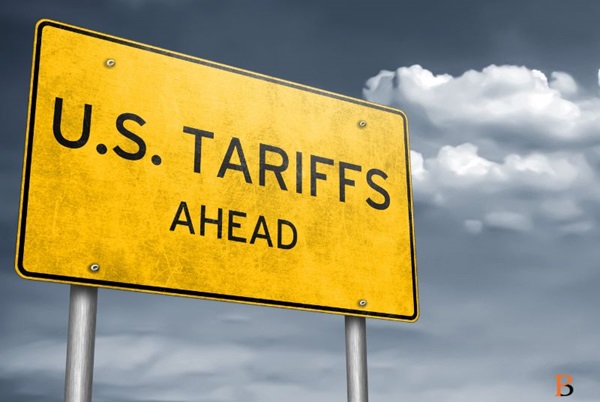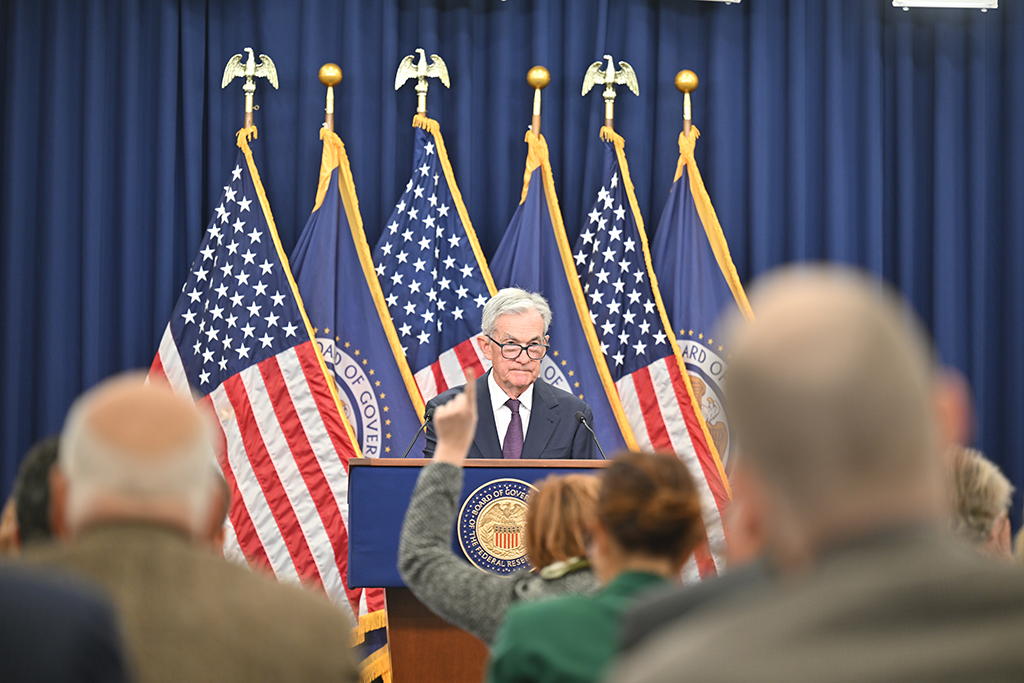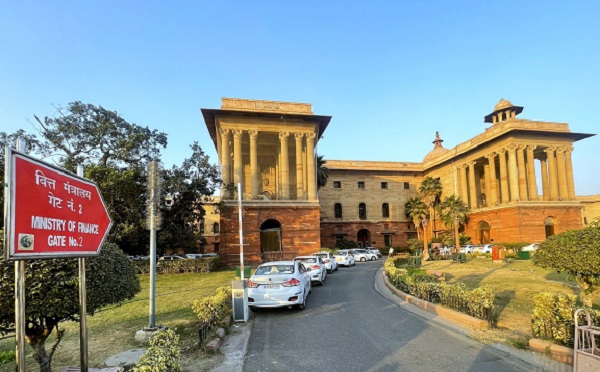.png)

Ajay Srivastava, founder of Global Trade Research Initiative, is an ex-Indian Trade Service officer with expertise in WTO and FTA negotiations.
April 1, 2025 at 8:21 AM IST
If New Delhi were to accept the changes suggested in the US Trade Representative’s 2025 National Trade Estimate Report—particularly in areas such as agriculture, digital governance, and public health—it could seriously undermine India's ability to protect small farmers, ensure food safety, preserve deeply rooted social norms, and secure its digital future.
The report, released just ahead of the announcement of reciprocal tariffs by the US on its trading partners, lists key policies and practices of various countries affecting exports, investments, and digital trade. The report highlights several trade and regulatory challenges between the US and India, including issues related to tariffs, non-tariff barriers, intellectual property, services, digital trade, and transparency.
Most of the issues repeat earlier concerns, a few of which have been resolved and are no longer relevant.
One key concern for the US is India’s high import duties, especially on agricultural products. For example, India charges 150% on alcoholic drinks and 100% on walnuts and raisins—rates the US claims make it difficult for American goods to compete.
The report also points to several non-tariff barriers, such as import bans and licensing rules. For instance, animal-based oils are restricted, and importing certain medicines requires special approval. The US wants these rules removed, but India views them as essential for protecting health, safety, and the environment.
The US has also criticised India’s strict import licensing for remanufactured goods and medical devices. In 2024, India stopped issuing licenses for refurbished US medical devices, affecting American exports. While the US sees this as unnecessary red tape, India worries that relaxing the rules could lead to a flood of second-hand or low-quality products that might harm consumers and hurt local industries.
The US has also raised concerns about India's customs system. The US alleged sudden tariff changes, lack of prior notice, and inconsistent customs practices across regions. For example, India requires telecom and tech products, like routers and switches, to be tested in Indian labs—even if they’re already certified abroad. This requirement is part of India's Mandatory Testing and Certification of Telecommunication Equipment scheme. The US views this as repetitive and costly, but India argues it is crucial for cybersecurity and for supporting local testing facilities.
India also enforces Quality Control Orders, such as the one on polyethylene introduced in January 2024. The US argues these rules don’t match international standards and hurt trade in plastics and chemicals. India insists that these rules are necessary to prevent low-quality or unsafe imports.
On sanitary and phytosanitary issues, the US criticises India’s rules on genetically modified food as unclear and unscientific, delaying US biotech exports. India, however, remains cautious due to strong public opposition to GM foods and environmental concerns. India also points out that major regions, such as the EU, remain GM-free, and adopting GM crops could affect soil health and hurt India’s agricultural exports.
Likewise, India’s dairy import restrictions, such as the requirement that animals must not be fed meat, blood, or internal organs from other animals, block US dairy access. The US considers this too strict, but India is unlikely ever to allow products like butter derived from cows fed with meat or blood from other cows.
In government procurement, India reserves contracts for domestic suppliers under its ‘Make in India’ policy. The US claims these exclusions disadvantage foreign firms, but India sees them as compliant with WTO norms and crucial for supporting local manufacturing and employment.
India’s intellectual property regime is another sticking point. The US finds India's patent system overly bureaucratic and limiting—particularly Section 3(d) of the Patents Act, which restricts pharma patentability. India defends this provision as a safeguard against "evergreening" patents and to ensure affordable medicines.
In services, restrictions on foreign investment in multi-brand retail, digital media, and insurance continue to frustrate the US. India, however, fears that opening up too quickly could threaten small businesses and traditional retailers. For example, kirana stores might struggle to compete with global giants like Walmart or Amazon.
India’s digital trade policies are particularly contentious for the US. The Reserve Bank of India mandates data localisation, requiring foreign payment service providers to store Indian data domestically. While the US sees this as burdensome for global cloud and payment services, India considers it essential for data sovereignty and security.
Internet shutdowns in India have also been flagged as disruptive to US services and the digital economy. However, India argues that such shutdowns are sometimes necessary for law enforcement or to prevent unrest. It will be interesting to observe how India manages such shutdowns once Starlink begins operations.
The report mentions that India’s IT Rules 2021 require tech platforms to adhere to strict rules and take responsibility for content. The US worries this could limit free speech and complicate matters for American companies. India argues these rules are essential to combat misinformation and harmful online content.
While the US continues to pressure India to amend its trade policies to suit American commercial interests, India must firmly assess each demand through the lens of its national priorities, development goals, and cultural values.
India is not opposed to global cooperation, but such engagement must prioritise fairness, reciprocity, and respect for sovereignty.
True partnership cannot be built on one-sided demands. India will not sacrifice its policy autonomy, economic security, or public welfare merely to satisfy foreign interests. Reforms must serve the people of India—not just the profit margins of foreign corporations.




